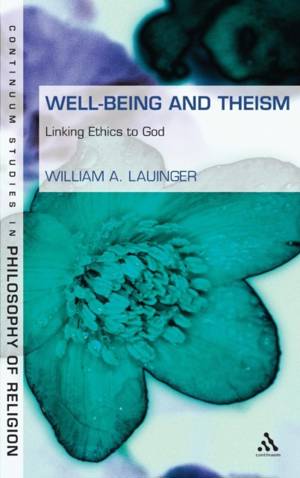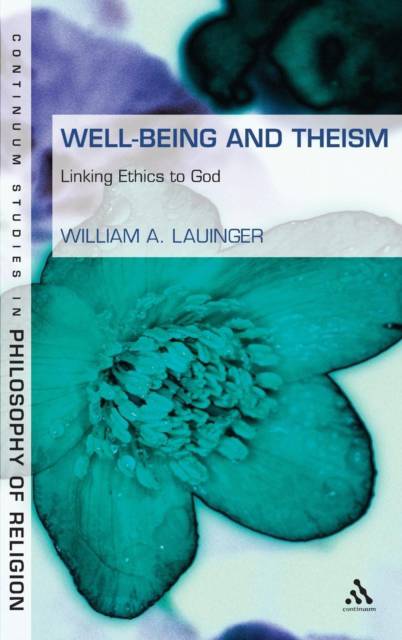
- Afhalen na 1 uur in een winkel met voorraad
- Gratis thuislevering in België vanaf € 30
- Ruim aanbod met 7 miljoen producten
- Afhalen na 1 uur in een winkel met voorraad
- Gratis thuislevering in België vanaf € 30
- Ruim aanbod met 7 miljoen producten
Zoeken
Omschrijving
Well-Being and Theism is divided into two distinctive parts. The first part argues that desire-fulfillment welfare theories fail to capture the 'good' part of 'good for', and that objective list welfare theories fail to capture the 'for' part of 'good for'. Then, with the aim of capturing both of these parts of 'good for', a conjunctive theory-one which places both a value constraint and a desire constraint on well-being-is advanced. Lauinger then defends this proposition, which he calls the desire-perfectionism theory, against possible objections.
In the second part, Lauinger explores the question "What metaphysics best supports the claim that the vast majority of humans have the desires for friendship, accomplishment, health, etc., built into themselves?" It is argued that there are two general metaphysical routes that might convincingly be taken here, and that each one leads us toward theism.Specificaties
Betrokkenen
- Auteur(s):
- Uitgeverij:
Inhoud
- Aantal bladzijden:
- 224
- Taal:
- Engels
- Reeks:
- Reeksnummer:
- nr. 5
Eigenschappen
- Productcode (EAN):
- 9781441100306
- Verschijningsdatum:
- 12/07/2012
- Uitvoering:
- Hardcover
- Formaat:
- Genaaid
- Afmetingen:
- 147 mm x 231 mm
- Gewicht:
- 453 g

Alleen bij Standaard Boekhandel
+ 644 punten op je klantenkaart van Standaard Boekhandel
Beoordelingen
We publiceren alleen reviews die voldoen aan de voorwaarden voor reviews. Bekijk onze voorwaarden voor reviews.











